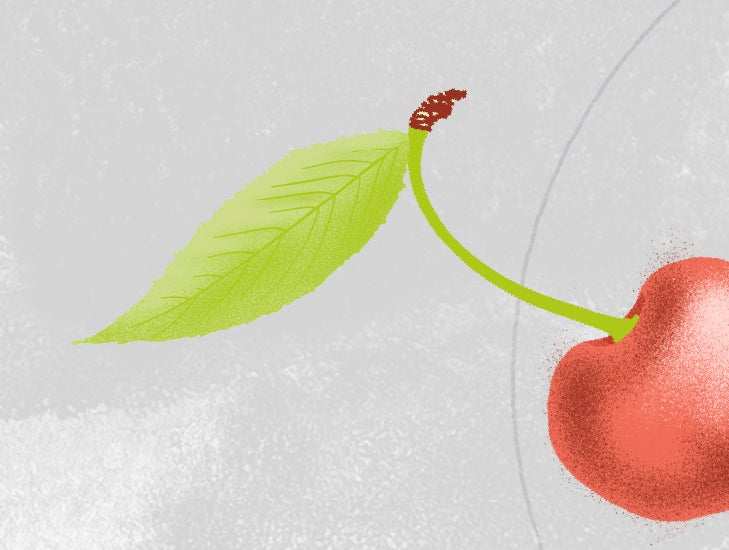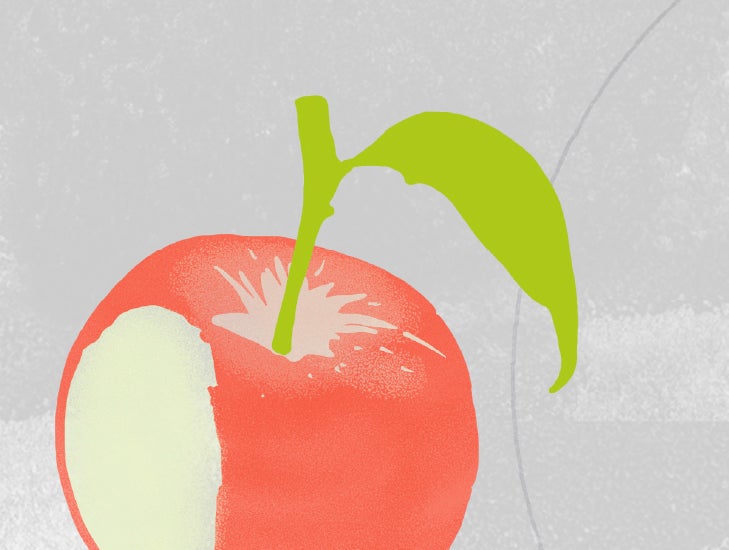
Food bloggers, social media influencers, and magazines commonly relied upon for nutrition information often promote so-called clean eating.
Many supporters of this concept promise benefits such as weight loss, radiant skin, and improved energy.
The fundamentals of clean eating involve choosing natural, nutrient-dense foods and avoiding processed and refined foods.
Taking a “clean” approach to eating can lead to an overall healthy lifestyle and weight management. However, some interpretations of clean eating may lead to unhealthy consequences.
In this Honest Nutrition feature, we explain what clean eating is, its potential benefits, and its risks. We will also take a look at the latest research surrounding clean eating.
What is clean eating?
Clean eating is a movement that has rapidly grown in popularity over the last decade. Despite many people committing to clean eating to get healthier and lose weight, there is no clear definition of clean eating.
Generally speaking, “clean eating” could be described as choosing foods that are natural and wholesome. This includes foods that are free from additives, preservatives, and refined and processed ingredients.
Although the term likely emerged with good intentions, the lack of clarity surrounding it leaves it open to interpretation, which may mean that some adherence could take it too far.
For example, some may choose a less restrictive approach and follow a clean eating pattern similar to those outlined in the Dietary Guidelines for Americans. This may include eating more whole fruits and vegetables, beans, and high-quality proteins while limiting processed foods.
However, others may be more restrictive and eliminate foods such as dairy, gluten, and sugar. They may also limit the number of food ingredients and avoid foods treated with antibiotics, pesticides, and growth hormones.
What do studies say?
One study published in the journal Nutrients examined perceptions of clean eating among a large, diverse sample of adolescents and emerging adults in the United States.
Although definitions varied among respondents, most of those surveyed classified clean eating as consuming whole or unprocessed foods, including raw foods, natural foods, and foods without artificial flavorings or additives.
Within those surveyed, 70.8% identified clean eating as healthy. In contrast, 18% identified both beneficial and harmful elements, meaning it could cause disordered eating patterns.
Another study published in Nutrientslooked at 762 Australian women aged 17–55 years. They completed a self-report questionnaire on eating behaviors and beliefs about clean eating based on websites.
The study found that women who followed dietary advice from clean eating sites were more likely to meet dietary guidelines for fruit, meat, and meat alternatives — such as legumes, eggs, nuts, and seeds — compared to women who did not adhere to advice from the sites.
There were no statistical differences in vegetable, dairy, grains, or discretionary foods among the groups.
However, the study also found more dietary restraint among those who followed dietary advice from the sites, suggesting a potential for obsessive eating patterns. It is also uncertain if the advice given was from a credible source or followed evidence-based guidelines.
Additionally, a study published in the Journal of Eating Disorders found that clean eating is viewed favorably by U.S.-based college students, even when it is linked with emotional distress.
All the above studies suggest the need for more extensive research to clarify the potential risks and benefits of clean eating.
![]()



The potential benefits of clean eating
Focusing on a clean diet can be beneficial because it reduces sodium, sugary beverages, and ultra-processed foods.
A version of clean eating that includes a nutrient-dense diet filled with whole grains, fruits, vegetables, nuts, and healthy protein can nourish the body adequately while supporting an individual’s overall health and weight management.
While there are no scientific studies to link clean eating with health benefits, there is research to associate difficulties in eating a balanced diet, typically avoided by clean eaters, with chronic disease.
For example, one large study published in The BMJ found that eating 10% more ultra-processed foods increased the risk of coronary heart disease, cerebrovascular disease, and cardiovascular disease by at least 10%.
The ultra-processed foods in the study included reconstituted meat products, savory snacks, and frozen dinners.
Additionally, the Centers for Disease Control and Prevention (CDC) suggest that overall difficulties in following a balanced diet, including excessive consumption of sugary beverages, sodium, and processed foods, can increase the risk of chronic disease.
The potential risks of clean eating
Research suggests that clean eating may result in excessive food restriction, resulting in nutrient deficiencies and loss of social relationships. This can also lead to mental distress.
The clean eating movement’s lack of clarity surrounding dietary recommendations can result in people categorizing certain foods as “bad” and other foods as “good” without strong evidence to support this labeling.
This puts pressure on individuals to eat a certain way and can lead to a harmful obsession with healthy eating.
According to the National Eating Disorders Association, clean eating, similar to dieting, increases the risk for orthorexia nervosa (ON), the strict avoidance of foods a person perceives to be unhealthy. This may include additives, nonorganic foods, and processed foods.
The Diagnostic and Statistical Manual of Mental Disorders, 5th edition, does not recognize orthorexia as a separate eating disorder. However, many researchers believe ON should fall under the Avoidant/Restrictive Food Intake Disorder umbrella.
It is important to note there is a difference between orthorexia and dietary restrictions. While some people may avoid certain foods due to ethical, religious, or health-related reasons, those with orthorexia have obsessive thoughts about their eating habits.
Moreover, choosing grilled chicken over fried chicken or spaghetti squash over pasta does not mean clean eating has gone too far.
As long as a person’s dietary pattern includes food from all food groups, there may not be cause for concern. A healthy, balanced diet is the best approach, no matter which dietary pattern an individual follows.
Eating a healthy diet
While an obsession with clean eating is not healthy for the mind or body, it is important to eat a nutrient-dense, healthy diet. There are ways to find a healthy balance between clean eating and eating healthy without fear or restriction.
For example, a nutritious diet can include frozen and canned produce. However, when choosing canned or frozen foods, avoid added sodium, sugar, and syrups.
All processed foods are not necessarily bad, nor should they completely be eliminated. In fact, most of the foods sold in stores today are processed to some extent.
To ensure nutrient needs are met, follow evidence-based food and beverage recommendations such as those outlined in the 2020–2025 Dietary Guidelines for Americans, which states that a nutritious adult diet includes:
- vegetables of all types and colors
- fruits, with an emphasis on whole fruit
- grains, with at least half being whole grains
- diary, including low fat or fat-free milk and cheese or lactose-free versions
- protein foods, including lean meats, poultry, eggs, seafood, nuts, seeds, soy products, beans, peas, and lentils
- oils, including vegetable oils and oils in foods such as nuts
The guidelines also suggest limiting added sugars, saturated fat, sodium, and alcoholic beverages.
The bottom line
Since the definition of clean eating varies greatly by person, there is no research to prove it has more benefits than other dietary patterns.
While some may follow a clean eating pattern and allow for moderation leading to great success, others vulnerable to disordered eating may be at risk.
A harmful obsession with restricting certain foods or food groups can put a person at risk of malnutrition, social isolation, and overall mental distress.
It appears the existence of nonqualified individuals giving faulty advice on clean eating may further put individuals at risk for developing disordered eating patterns.
With this in mind, it’s important to always speak with a registered dietitian or qualified nutrition professional whenever questions arise about clean eating.
![]()



Source: Read Full Article






